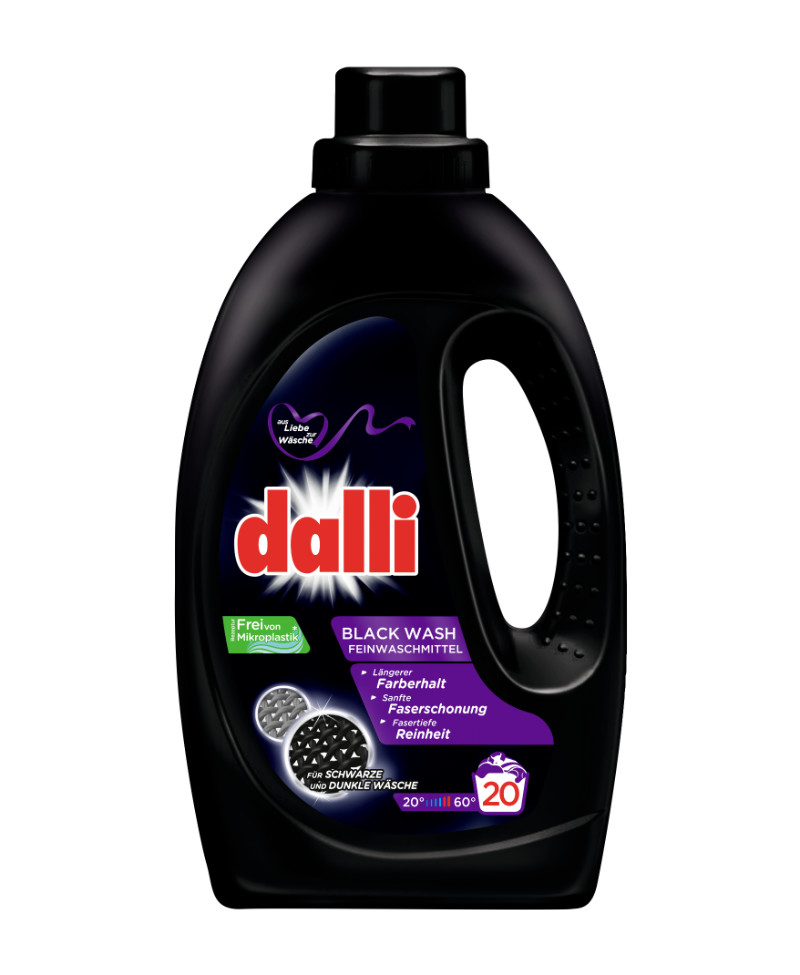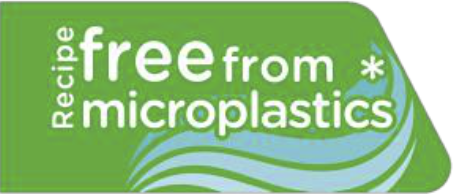
The dalli Bathroom Cleaner works naturally and reliably against dirt, limescale and soap residues, leaving brilliant cleanliness and streak- free shine. The perfect combination of sustainability and cleanliness. Dalli, of course.
<5%: anionic surfactants, non-ionic surfactants, oxygen-based bleaching agent.
Contains: fragrances (LIMONENE).
© 2022 DALLI-WERKE GmbH & Co. KG Stolberg. All rights reserved
kannst Du in folgenden Shops online kaufen…
you can buy online in the following shops…

The new dalli laundry detergent formulations are free from microplastics
Dalli takes on responsibility and is committed to a sustainable future.
Therefore, in accordance with the definition of the United Nations Environment Programme (UNEP), our formulations with our label are free from microplastics.
Worldwide, there is still no uniform definition of the term microplastic. Nevertheless, the UNEP definition is increasingly gaining acceptance, especially as it provides a suitable basis for factual-scientific considerations on the topic.
As per UNEP, microplastics consist of “solid, water-insoluble plastic particles that are five millimetres and smaller”. This definition of microplastics is also shared by the Federal Environment Agency (UBA) and the World Wide Fund For Nature (WWF) Germany, for example, and we also use this definition as a basis for assessing our products and selecting suitable ingredients.
It is also important to point out that water-soluble or gel-like polymers are excluded from this definition because, according to current knowledge, they do not pose the danger as microplastic particles.